KAREN MAITLAND
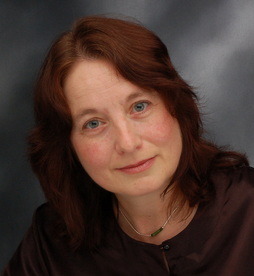
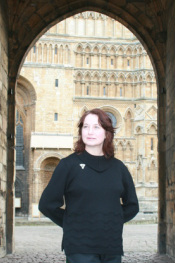
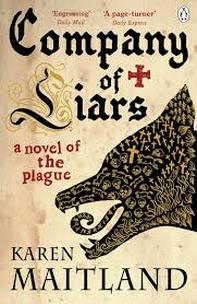
Penguin UK has also just released The Gallows Curse and Falcons of Fire and Ice on eBook for the USA market.
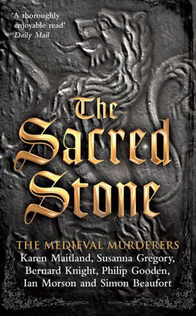
Click here for my review of The Sacred Stone.
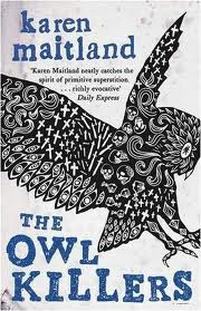
With incredible bad timing I found myself working in a hospital in Belfast during ‘The Troubles.’ I needed to get those experiences out of my head, so I wrote a futuristic thriller about terrorism. It was published by a small regional publisher and although it was very small print-run, the book got shortlisted for a major national award.
Bizarrely, as I result of being short-listed I started to get commissions to write non-fiction books. It took me several years to get back to fiction writing and by then I was interested in writing historical fiction.
What attracted you to the genre of Historical Fiction?
I’m fascinated by the Medieval period, because the supernatural was so much part of their every days lives, from the clergy being trained in necromancy to a belief in demons and angels. While at the same time, a medieval female physician was pioneering the first plastic surgery.
My first novel was written in the evenings after work. When I started to get commissions for writing I was able to go to a job-share, so I could write half the week. Eventually, I was earning enough from writing to risk giving up the day-job, which I did on 1st January 2000. Then I supplemented my earnings from writing by tutoring Creative Writing for Adult Education. Only when I finally got the Penguin contract could I afford to write full time.
Most published authors write their first novels in the half hour they squeeze in between working, cooking, ironing, shopping etc. But if you can carve that out half hour every day and write solidly in it then it’s amazing how quickly you can get a novel written.
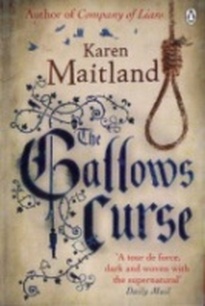
Reading old books and archive records often throw up details you will never find on the web. I also visit the settings for the novels and ask myself – Could my murderer have got up onto the roof of Ely Cathedral during a service without being seen? What kind of trees grow along this river? I also do the things my characters do, such as teaching myself to use a medieval lucet to weave cords.
What was the most surprising thing you learnt about the publishing industry after you had been part of it for a year?
The author is a tiny cog in vast machine and the manuscript the author produces is the most insignificant part of the publishing process. On the other hand, I discovered how generous established authors are to newbies authors, freely offering advice on everything from agent fees to registering for PLR and sharing contacts, as well as providing shoulders to cry on.
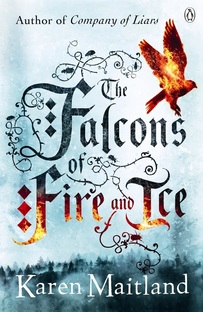
E-books will include more interactive features as the technology to produce them becomes cheaper. This will change reading into a multimedia experience. But e-books will drive publishers to produce print books with even more beautiful covers and layouts because those books will be bought to collect and keep.
But I suspect the number of authors able to earning their living through writing full-time will greatly diminish and most books will be produced by authors writing for pleasure in their spare time.
What is the best part of being a writer?
Getting an email from someone you don’t know saying they loved your book. That never ceases to move and thrill me, especially if I having a bad day.
Publishers’ deadlines. You don’t have the luxury of being able to write when you feel like it. You have to give up holidays and a social life. Often you find yourself writing having just returned from a funeral or when you’re ill with a raging temperature. It’s also hard making friends and family understand they can’t just drop in because you are at home.
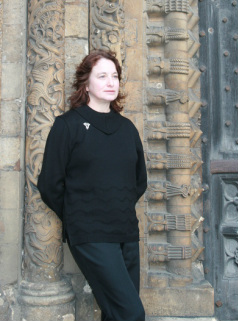
My break in historical fiction came when I went to a book talk and got chatting to a lady in the audience who told me about the Historical Novel Society. I joined and went to the HNS conference where a manuscript appraiser was offering ten minute one-to-one slots to discuss manuscripts in progress. She turned out to be a talent scout for an agency and offered to show my work to an agent who signed me up and got me my contract with Penguin. So go to literary festivals and writing workshops – you never know who you might be standing next to in the queue for the loo.
Thanks, Karen. That was a fascinating insight into the world of an author published by one of the biggest publishing houses in the world. We really appreciate the time you took away from your hectic writing schedule to answer these questions. Good luck with your next release.
You can read more about Karen Maitland at her website:
http://www.karenmaitland.com/
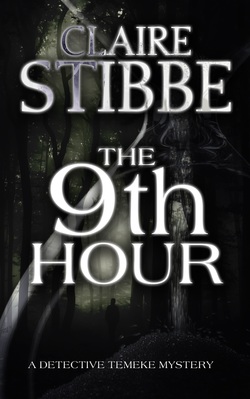
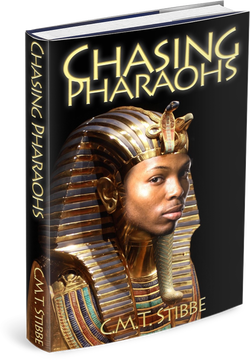
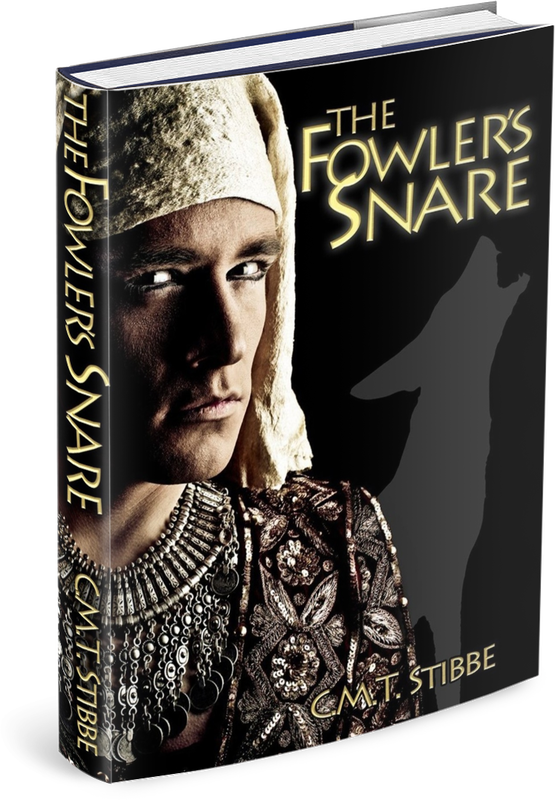
 RSS Feed
RSS Feed